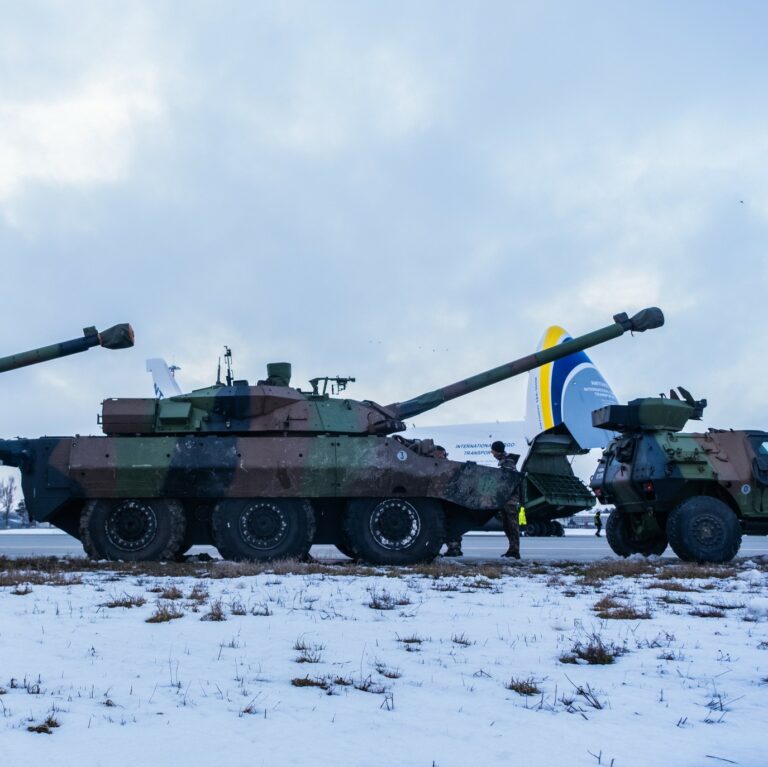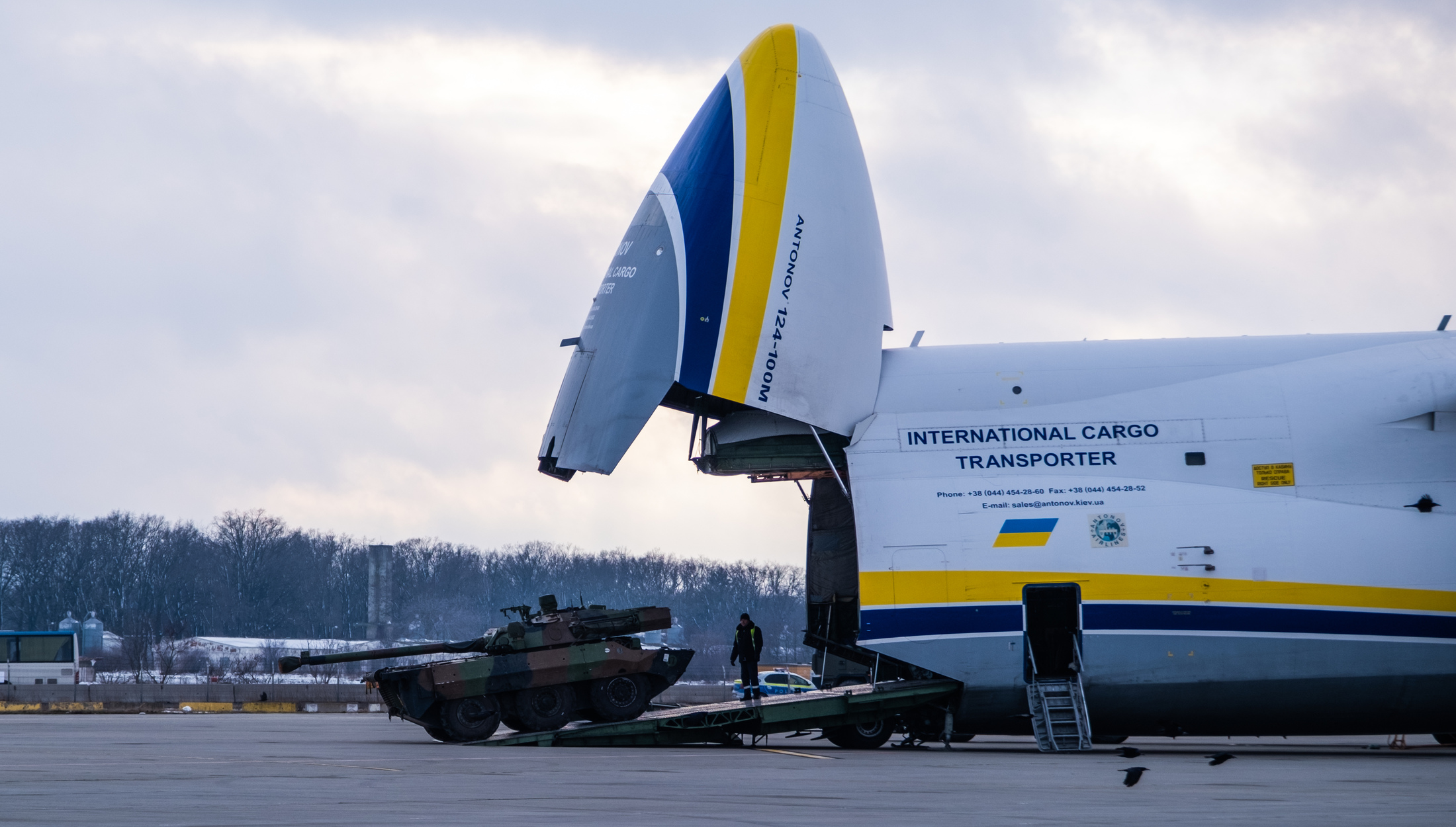
The North Atlantic Treaty was signed on April 4, 1949. In the preamble, the founding countries of NATO pledged to protect the freedom, common heritage and civilisation of their peoples, based on the principles of democracy, individual liberty, and the rule of law. These are the principles that most nations in the North Atlantic area cherish, as evidenced by the fact that the Alliance’s membership has grown from 12 to 30
The Soviet Union and modern-day Russia were entirely opposed to these principles.
Since the early 1990s, the nations of Central and Eastern Europe, who have frequently felt the advance of Russian imperialism, have been pounding on the Alliance’s doors, and they have succeeded. Among them: Poland, Czech Republic, Hungary (1999), Slovenia, Lithuania, Latvia, Estonia, Bulgaria, Romania (2004), Croatia, Albania (2009), Montenegro (2017), Northern Macedonia (2020). Ukraine has long been under the illusion of Russia, and only in 2002 did it set Euro-Atlantic integration as its goal.
At the beginning of 2019, the need to join NATO was enshrined in the Constitution of Ukraine. However, since 2014 and the beginning of Russia’s aggression, the Alliance has been reluctant to provide Ukraine with even a membership action plan (MAP). Since 2001, every candidate country has been required to go through the MAP format. NATO, on the other hand, did not reject the Bucharest Summit decision guaranteeing Ukraine membership. Only in 2020, Ukraine joined the so-called Enhanced Opportunities Partnership. By the way, Ukraine is the only Alliance partner country that has participated in every Alliance operation since the 1990s (Sea Shield, Afghanistan, training mission in Iraq, etc.).

With the present escalation of Russian aggression, NATO must finally make the tough but crucial decision of inviting Ukraine to join the Alliance under a streamlined procedure (without MAP).
Ukraine is now at the epicentre of the clash between Western and Moscow civilisations. There is no evidence that Russia’s leadership is considering rethinking its approach to relations with the rest of the world. On the contrary, Russian officials continue to accuse EU and NATO member states and their allies and partners of being hostile to Russia, particularly in recent ultimatums. Moscow blames the West for attempting to use the former socialist countries and some former Soviet republics in its policies against the Russian Federation. NATO must finally realise that the Russia-Ukraine war of 2014-2022 is a war of different worlds, a war between different human civilisations. Russia is not a troubled neighbour with whom you can talk; instead, it is an “existential adversary” whose purpose is to destroy the Ukrainian state, as well as the European Union and NATO. The consolidation of the West (including Ukraine) can stop the bold Russian aggression and punish it for systemic violations of international law.
Ukraine’s invitation to NATO can put an end to Russia’s insane and inadequate behaviour! Finally, the Allies must abandon their dread of the Kremlin because the evil empire does not understand any language other than force. Ukraine is now actively defending the Alliance’s common core values. So, the allied nations can agree on Ukraine since inviting it will strengthen their security, restore international stability, and demonstrate that the North Atlantic Treaty’s Preamble principles are not just words.

